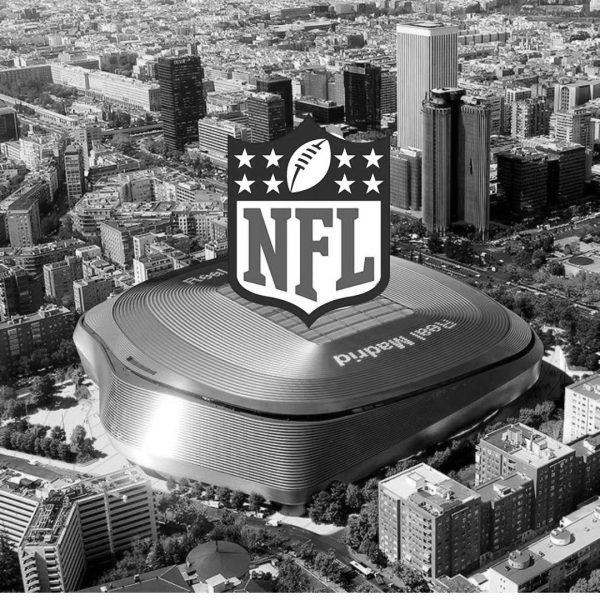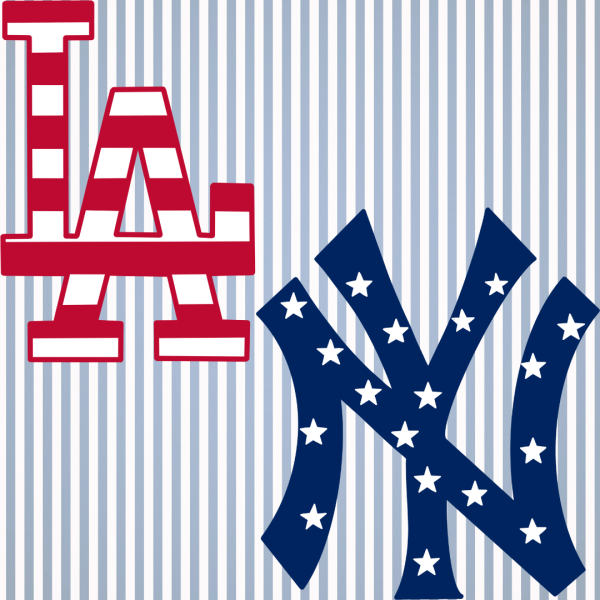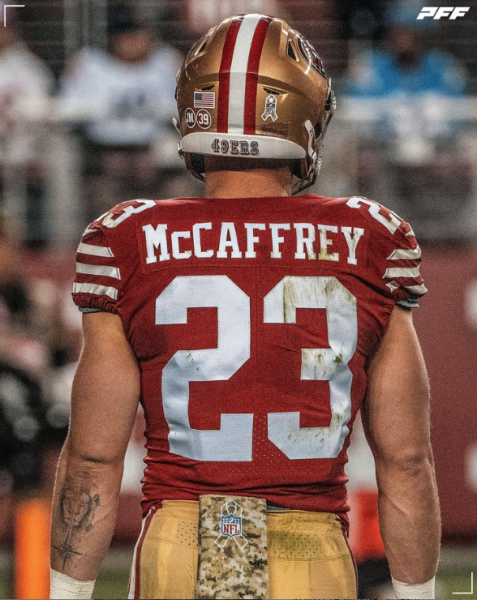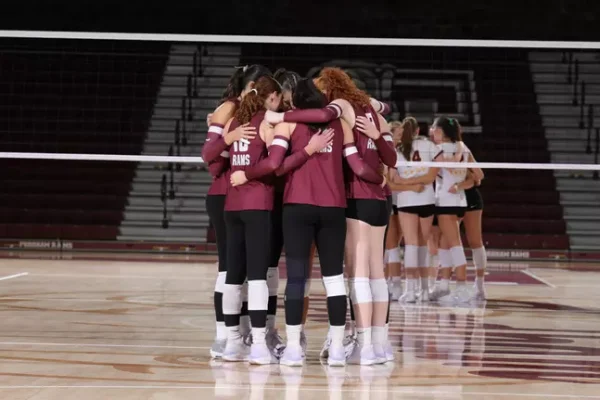The Art of Sports Fandom
“My team is the best.” “We killed it in the draft.” “You’ll see us in the playoffs.” Sports fans say things like this almost every day, reveling in their team’s success and berating its failures, identifying as part of the teams themselves. This sense of inclusivity is not exclusive to sports, as there are fans of movies, plays, songs and almost anything in the world. But sports are perhaps the best example of the extent of fandom. Instead of just watching games on televisions, fans become invested in teams: buying apparel, memorizing players’ names, following the latest news and packing stadiums for games.
Now the concept of sports is not complicated, as sports are a means for people with similar interests to bond and disrupt the burdens of life. They are a means of drama, and people like nothing more than the latest gossip. Beyond that, people have a natural need for companionship, and sports form strong groups among fans and players. And the power of sports cannot be denied, as there is something precious about watching the Olympics or the World Cup and seeing the entire globe come together in the spirit of sports. In the moment, it may be a contest, but it is an act of unity where people unite to play games they love and support teams they follow. But while that explains the significance of sports, it does not do the same for fandom.
Even as a fan myself, I must admit the concept is quite strange. People placing an incredible significance on outcomes that have little influence on their lives, investing in other peoples’ careers and making them a focal point of their life. What is it about sports, or really anything in general, that drives people to these extreme levels of fandom? What makes people depend on an outcome with no real-world consequences? Pouring time, effort and money into something that can produce nothing in their lives. Regardless of what happens on the field, fans will still have the same responsibilities in life and players will continue with their careers, and what was so important becomes completely irrelevant.
This lack of real-world effects is the misconception that shows why sports are so influential. In a world where most people are not athletes, the purpose of fandom lies in that moment of victory, the triumph that is often lacking and all the struggles to reach that point. The years of yelling at the television screen, burning jerseys or barking for massive overhauls to the organization. Sure, this victory has no significant change in fans’ lives, but just like we cheer for the good guys to win in the movies and for a happy ending to fantasy novels, we cheer for our favorite sports teams and the feeling of satisfaction that comes with victory. Unlike a show or movie, sports are a unique experience, a relationship. Fans dedicate much of what they have to the team, and when they succeed, the fans feel this success. Parading in the streets, celebrating with friends and feeling like they have won something themselves. Now I avoid saying things like “we” or “my team” when discussing sports, but I understand why people do.
For me, sports are about greatness. Hearing the stories of those with troublesome backgrounds finding a road to success through sports. Seeing the most talented players dominate and become inspirations for people across the world. A franchise winning a championship after decades of suffering and enlivening a team, city, perhaps an entire nation. While it may seem to be defined by failure, sports are a story of success. With how powerful and prosperous of a world it can be, it only makes sense that fans strive to obtain that feeling themselves.

Alexander Wolz is a sophomore majoring in communication and culture. He went from writing to assisting and will now be Sports Editing. He also loves video...















































































































































































































